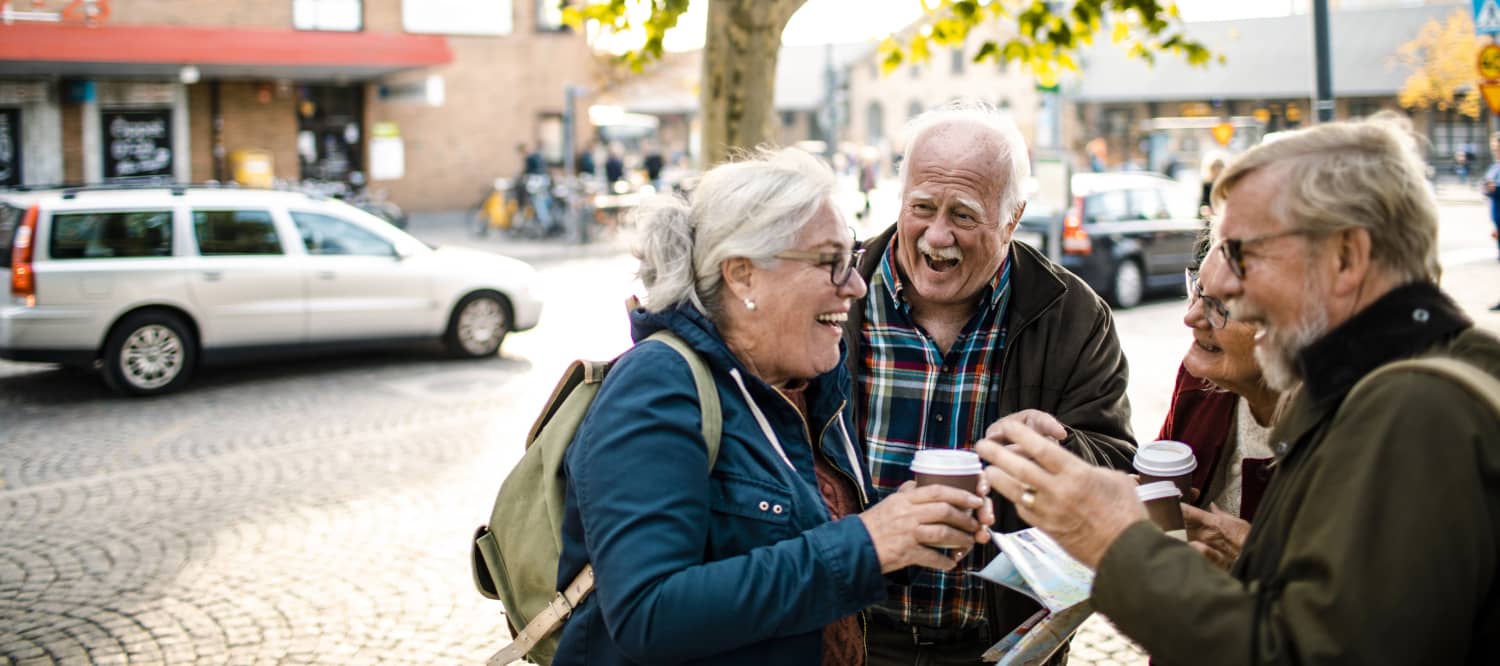Dementia is an overarching term for someone being affected by conditions such as Alzheimer’s disease. For World Alzheimer’s Day and Month, new Research in Practice videos explore how we can improve rights and support families.
Recognising dementia in terms of disability rights and citizenship can empower and give hope to those who are diagnosed and their families.
The videos are presented by Irene Donaldson and George Rook, who both live with dementia, and Philly Hare, co-director of Innovations in Dementia. In a Research in Practice blog, Philly outlines their work which aims to support people by making adjustments to the physical environment, attitudes and behaviours, and by adopting a rights-based approach.
It is important to raise awareness, educate, encourage support and demystify dementia.
The videos will be open access until 29 September.
You can’t change my dementia, nobody can do that, but what you can do is change the world I live in. That’s what seeing dementia as a disability does.
Nigel Hullah, participant in the Dementia, Disability & Hope film.
The videos include:
Philly and Irene present Dementia and Hope, the combined vision of nine dementia related organisations to recognise dementia in terms of disability rights and citizenship, to empower and give hope to those who are diagnosed and their families.
George, Irene and Philly explain the social model of disability, and give examples to explain the difference between an impairment and a disability.
George, Irene and Philly discuss how organisations, practitioners and people living with dementia can use Equality Act to support people with dementia to access reasonable adjustments. Irene explains how she used the Equality Act to keep her driving license, with reasonable adjustments put in place, significantly improving her quality of life.
Irene, George and Philly talk about the value of people with dementia working collectively to influence research, policy and practice. They talk about how services can be transformed by working collaboratively with people with dementia, and some of the practicalities of this. They also talk about the value of peer support and peer networks.
About Innovations in Dementia
The videos were produced in partnership with Innovations in Dementia who put people with dementia at the heart and start of all their work. They support people with dementia to keep control of their lives and be happy. They promote a positive view of dementia, demonstrating that, although dementia is life changing, it does not have to be life ending.
Irene Donaldson
Irene is a retired Primary School Deputy Head Teacher. She was diagnosed with Young Onset Dementia at 53 years old. She retired early from work but now particularly enjoys working in primary schools encouraging youngsters to become Dementia Friends.
George Rook
George is a retired teacher and accountant, diagnosed with mixed dementia in 2014. He has become an activist for better dementia care, and, recently, a dementia craftivist
Philly Hare
Philly Hare is a Co-Director at Innovations in Dementia. Philly’s particular interests are the empowerment and inclusion of people with dementia, and the application of research evidence to practice. As a qualified social worker, she has experience within the NHS, Local Authorities and the voluntary sector in many areas of adult social care.
Supporting people living with dementia

To support people living with dementia we need to work together and share best practice with one another. Research in Practice resources aim to ensure that people with dementia and the people close to them receive good support.



